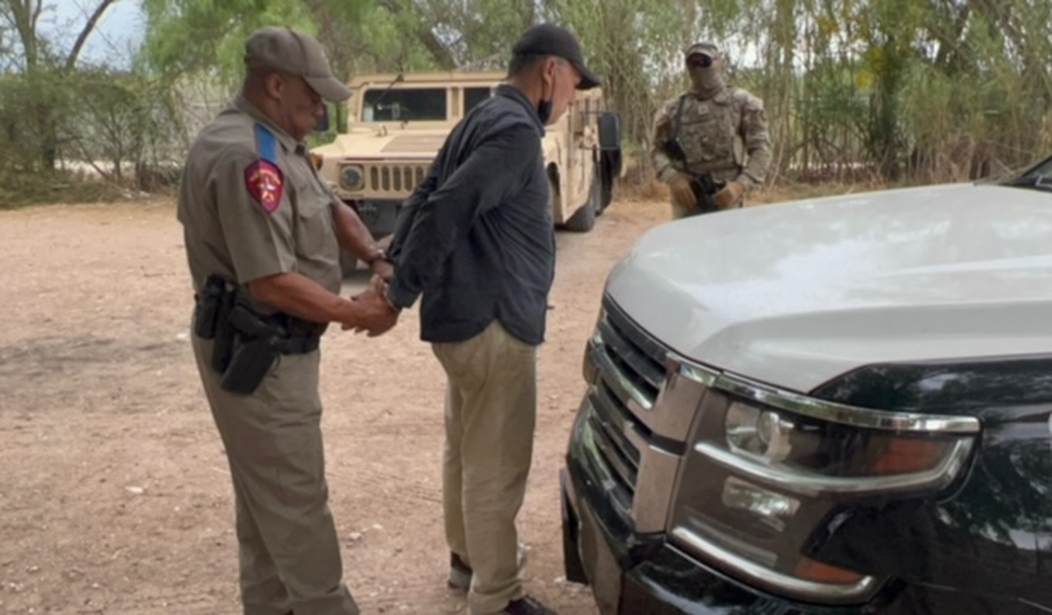There were 207,416 migrant encounters at the southern border in June, per numbers released by the United States Department of Customs and Border Protection on Friday, as the crisis continues to rage on.
The numbers reveal a 13.9 percent decrease from May, but it is still considered high. The 2022 fiscal year ends in September, and these May numbers put FY2022 over the edge of FY2021 with 1,746,119 encounters — a difference of 11,433 so far.
70 percent of the encounters this fiscal year were single adults, compared to 23 percent that arrived as a family unit.
While it’s likely that some of these encounters are repeats of the same people, it does not change the fact that people are arriving in the U.S. in droves.
In terms of unaccompanied minors coming to the southern border, there were 15,271 encounters in June, compared with 14,678 in May and 12,175 in April. These children stay in U.S. custody under the Office of Refugee Resettlement, according to Border Report.
States have begun experimenting with stricter action on the border in order to combat the flow of migrants. RedState reported last week that Texas Republican Gov. Greg Abbott signed an executive order giving permission to his state’s National Guard to bring migrants back to the federal port of entry at the border.
“We’ve been saying it would get worse. It’s gotten worse. We no longer have a functional border. It’s nothing but a speed bump for criminality with a reward system for breaking our laws, courtesy of the Biden Admin,” the National Border Patrol Council tweeted Saturday. The union has been a vocal opponent of the White House’s policies, as they are the workers that have to take on the difficult challenge of securing the border.
We've been saying it would get worse. It's gotten worse. We no longer have a functional border. It's nothing but a speed bump for criminality with a reward system for breaking our laws, courtesy of the Biden Admin. https://t.co/9hTHSlyxj3
— Border Patrol Union – NBPC (@BPUnion) July 16, 2022
Migrant caravans continue to travel from Monterrey, MX to Piedras Negras to cross into Eagle Pass, TX illegally by the thousands. Mexican governors are not cooperating with @GregAbbott_TX's agreement to slow the flow of illegal crossings as we followed many of this groups into TX pic.twitter.com/WzzL0Ks7DD
— Jorge Ventura Media (@VenturaReport) July 18, 2022
Still, the power of states is fairly limited, as border protection is a federal government issue. There has been some push for states to declare an outright invasion to increase their power, but it’s unclear what that would actually entail legally.
Border communities are finding themselves in a tough position when both the federal government and Mexico are not meeting their needs fully, and it shows no signs of stopping anytime soon.














Join the conversation as a VIP Member